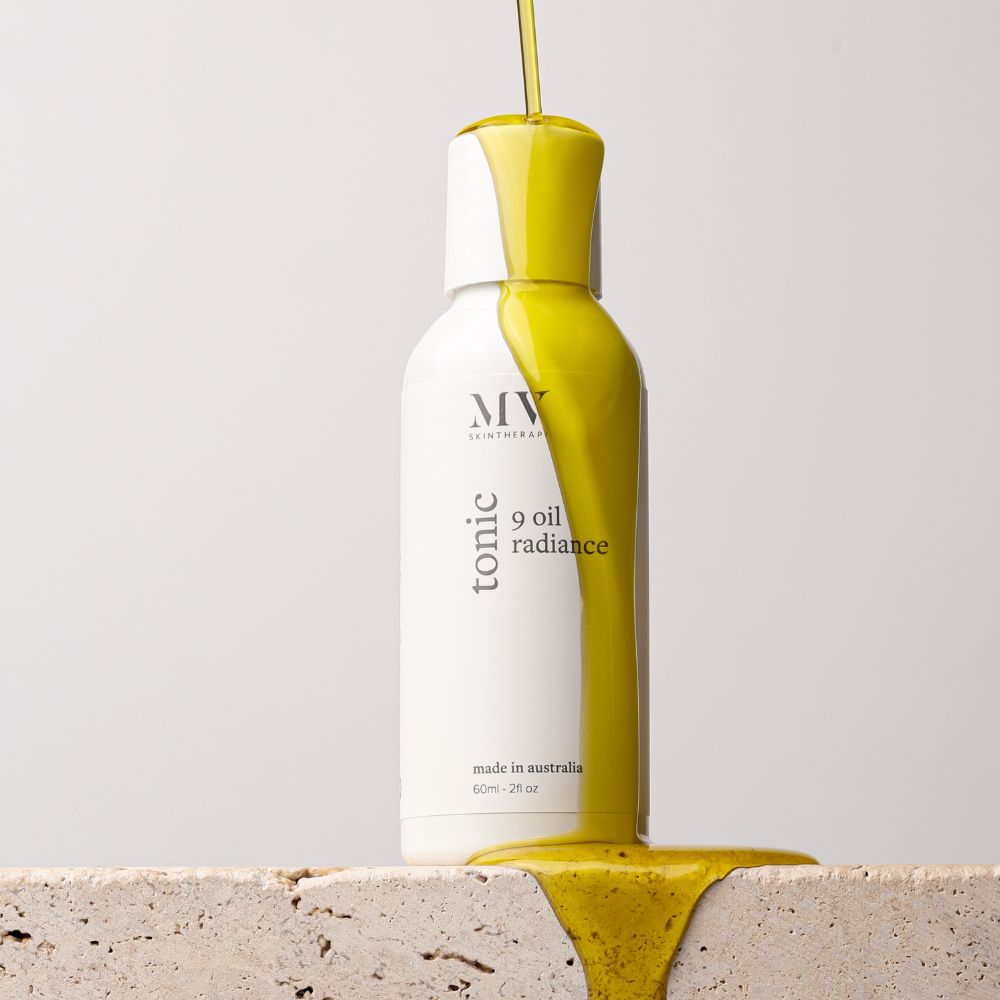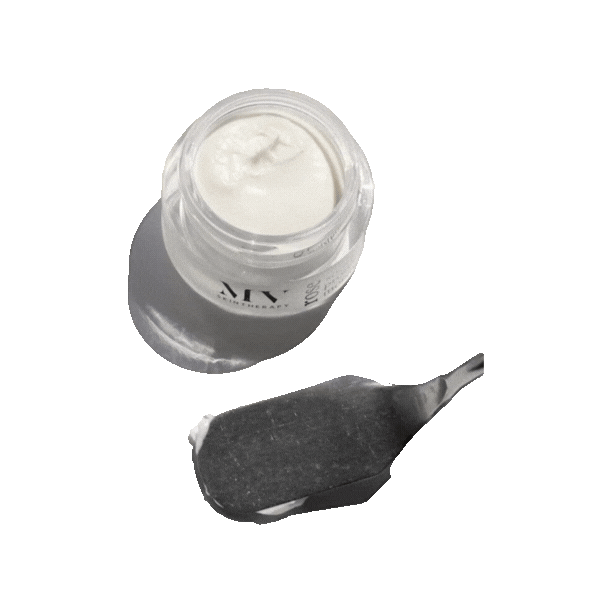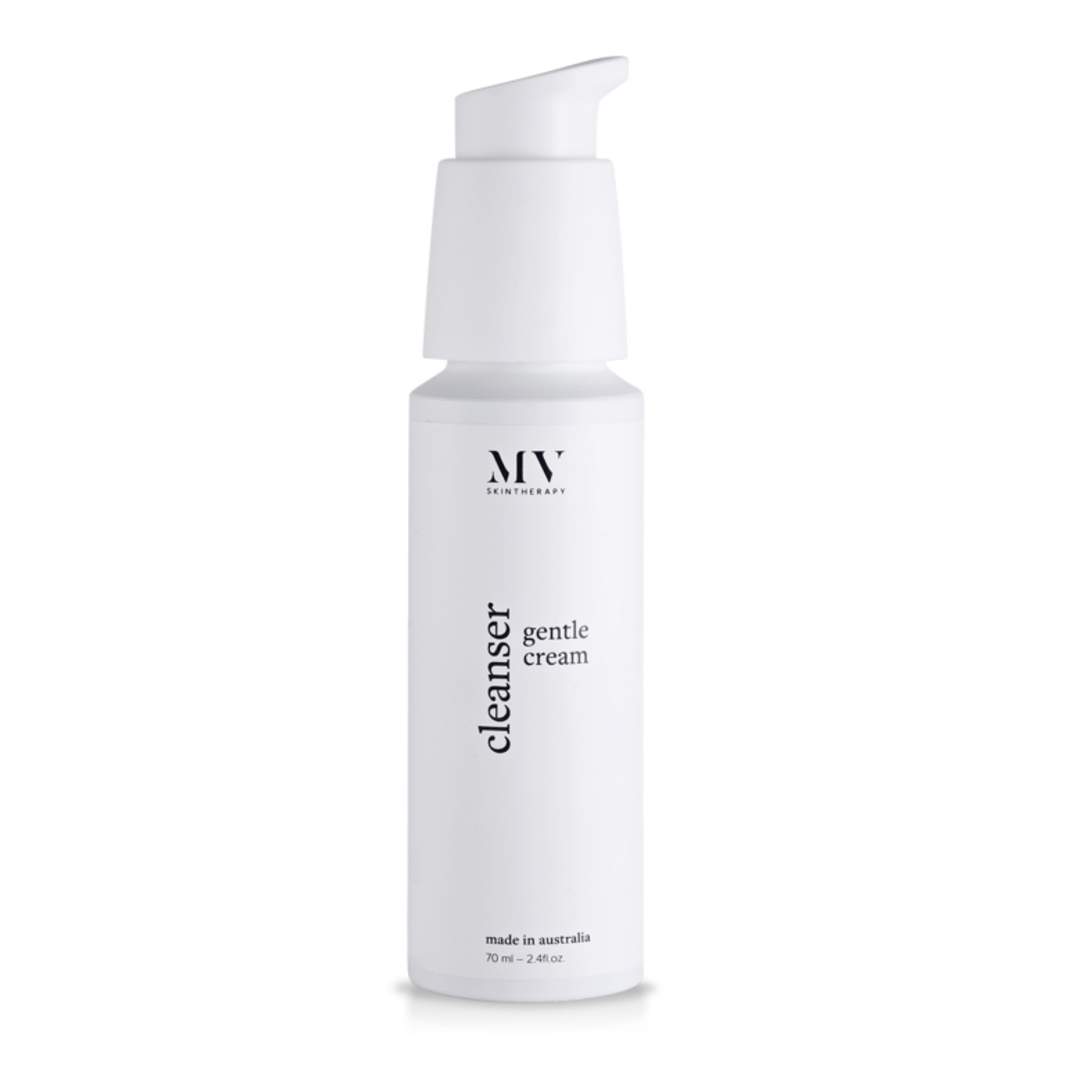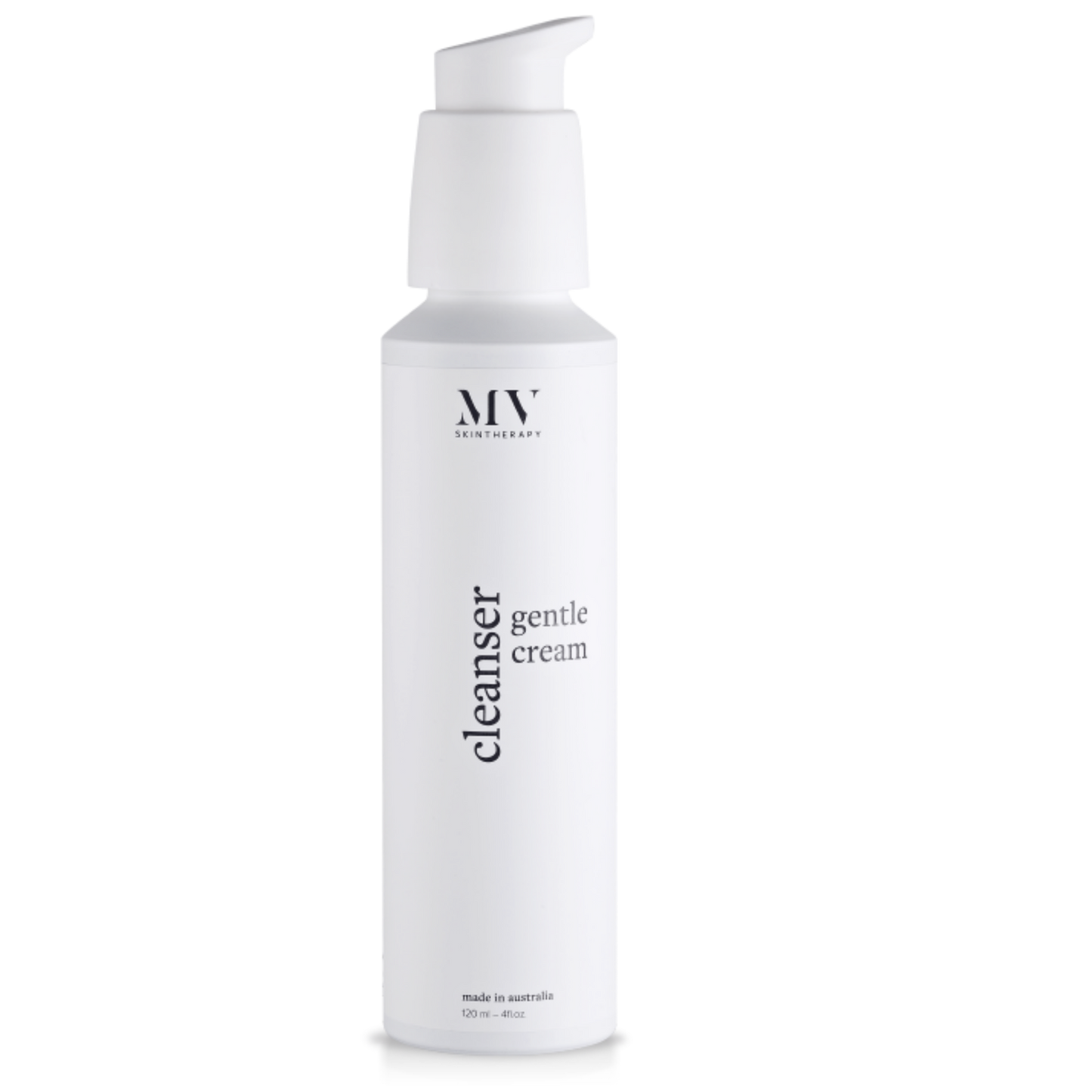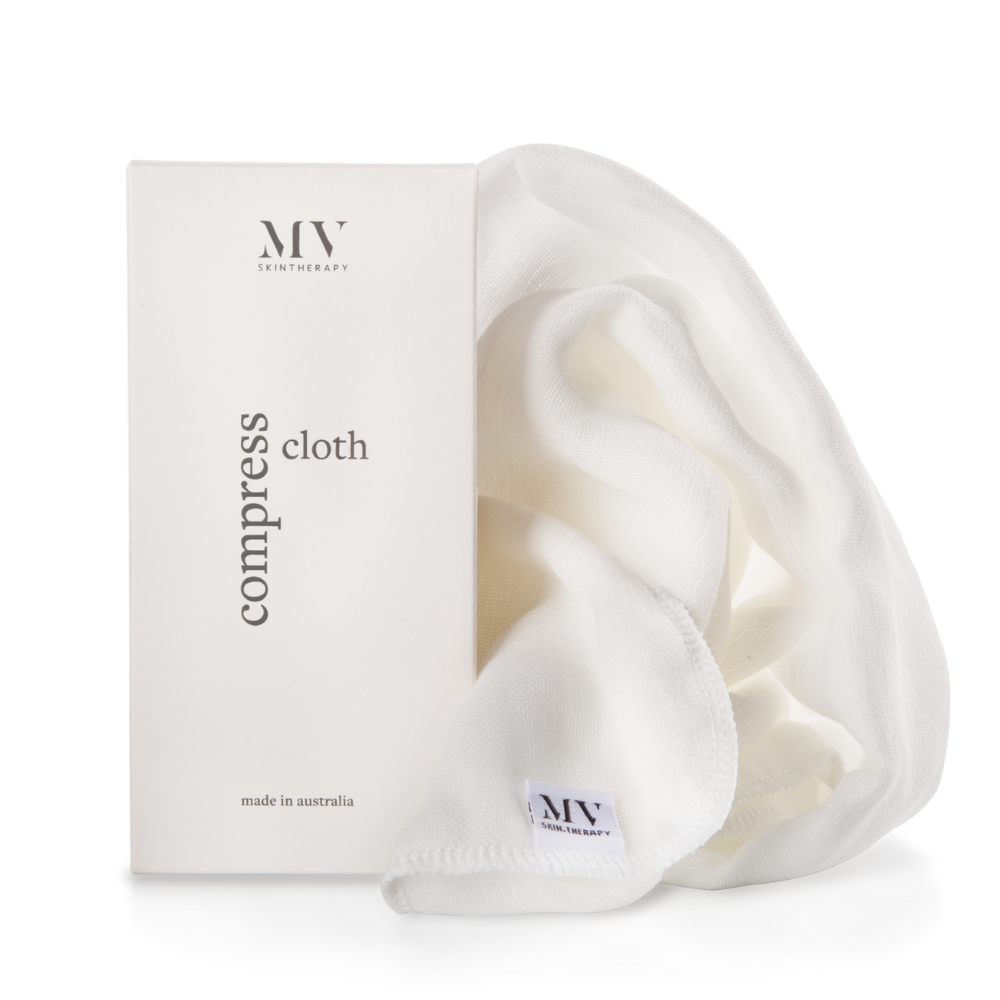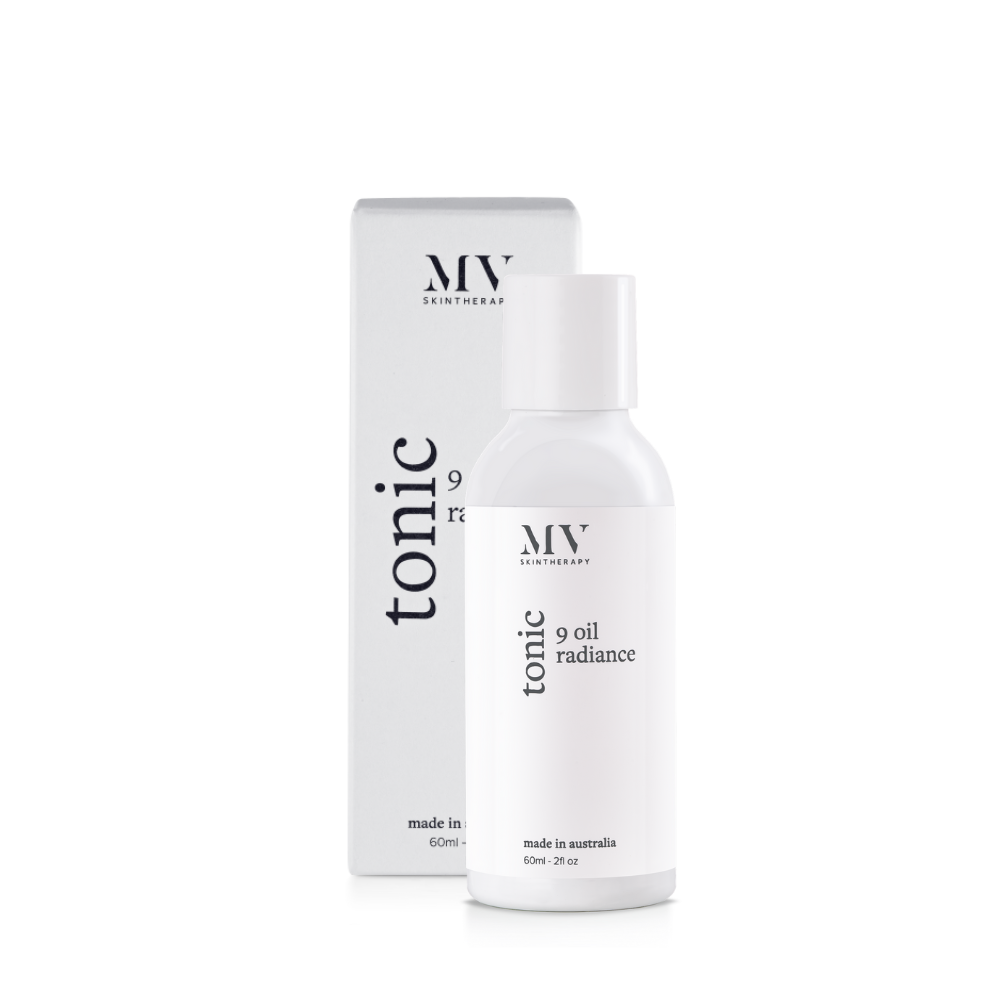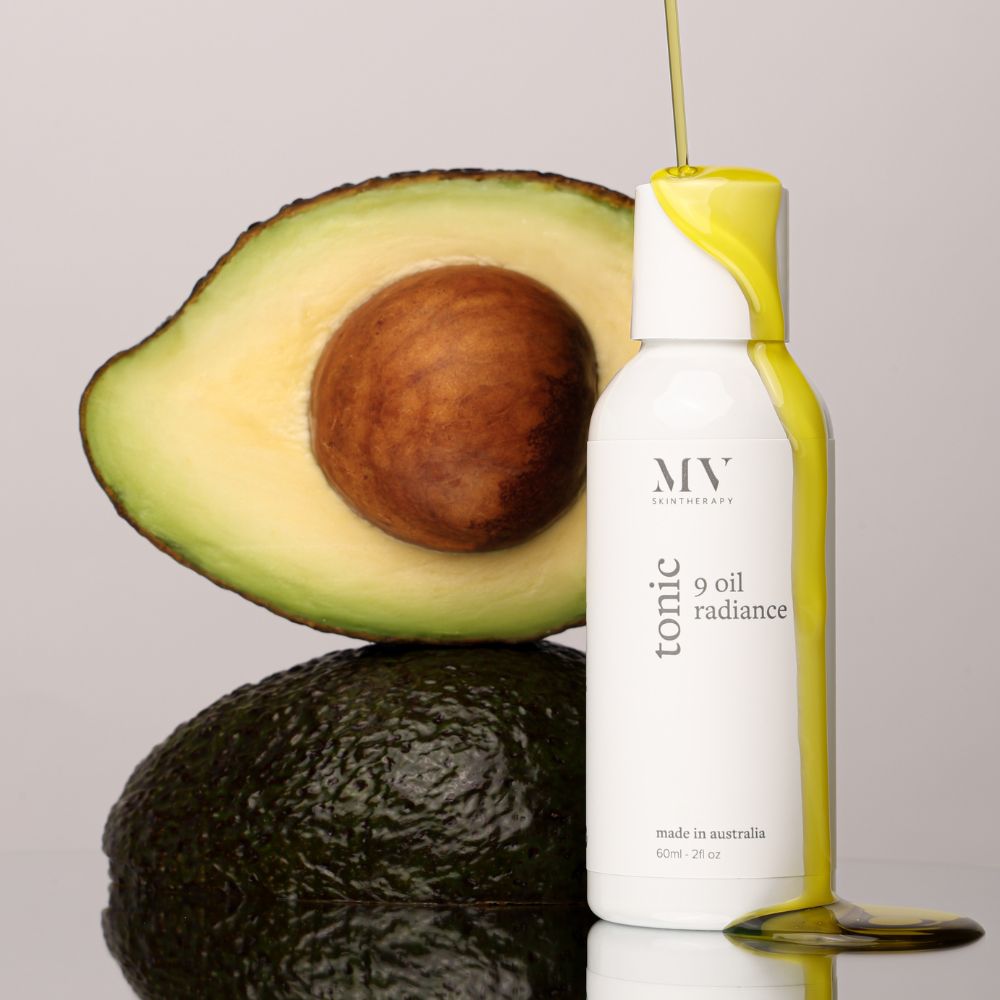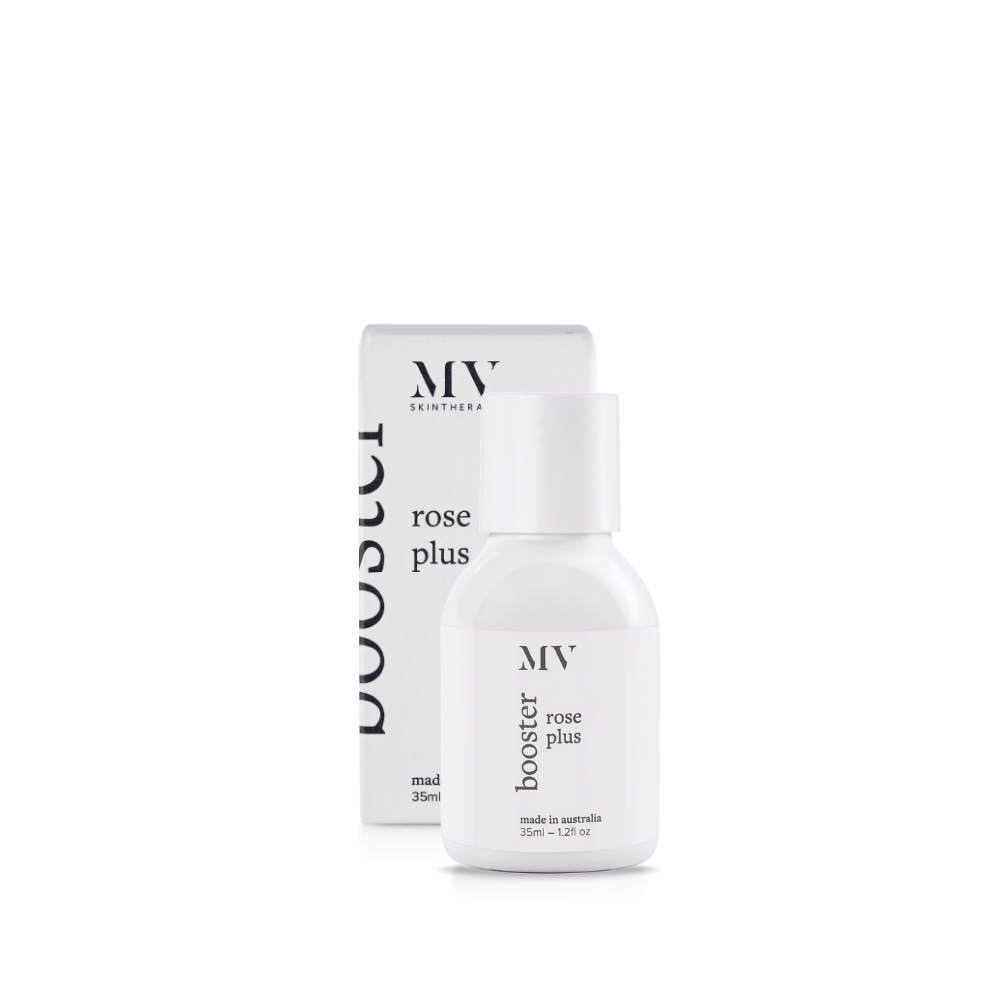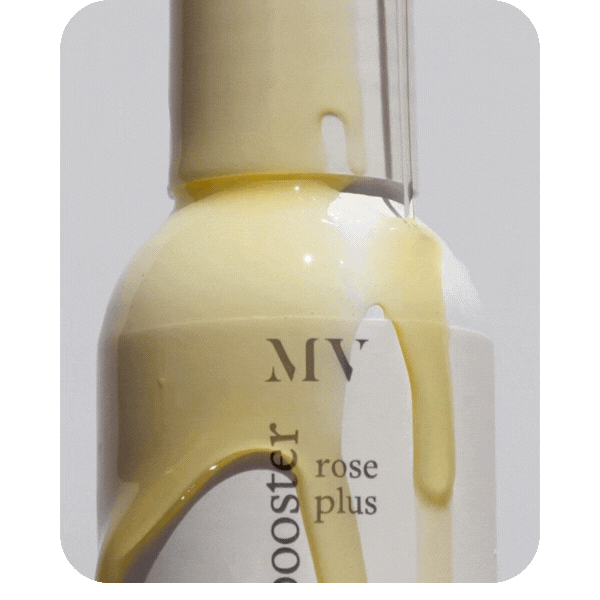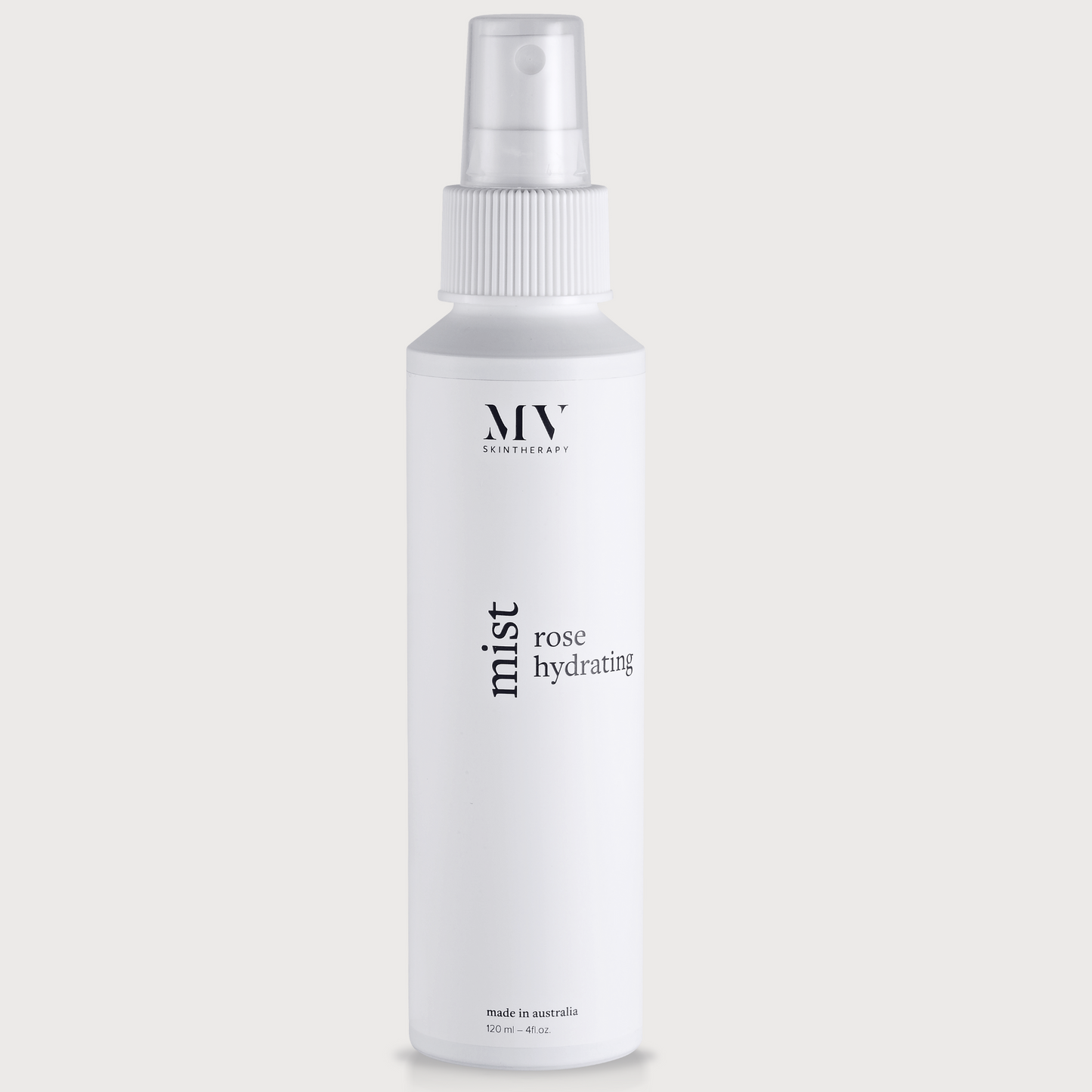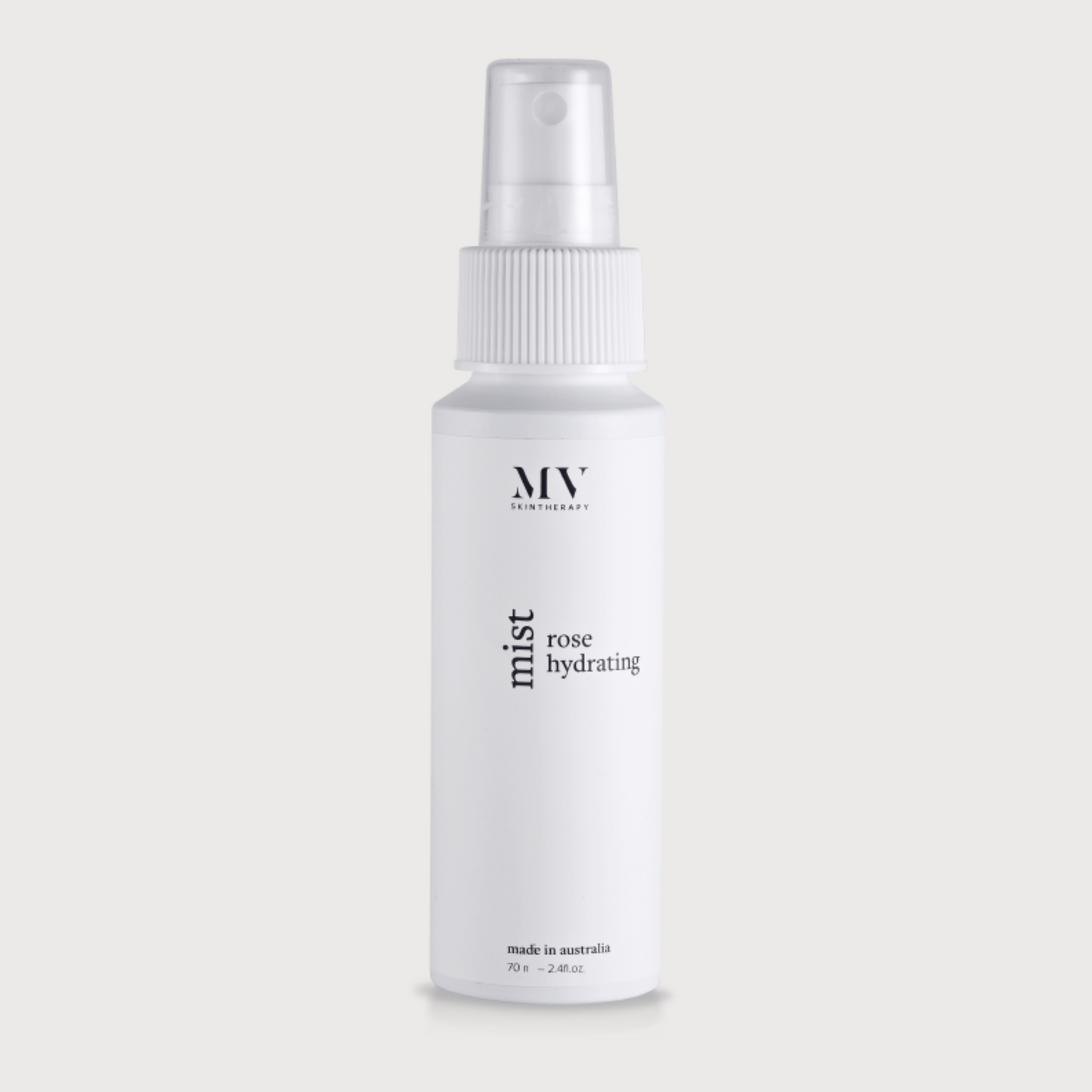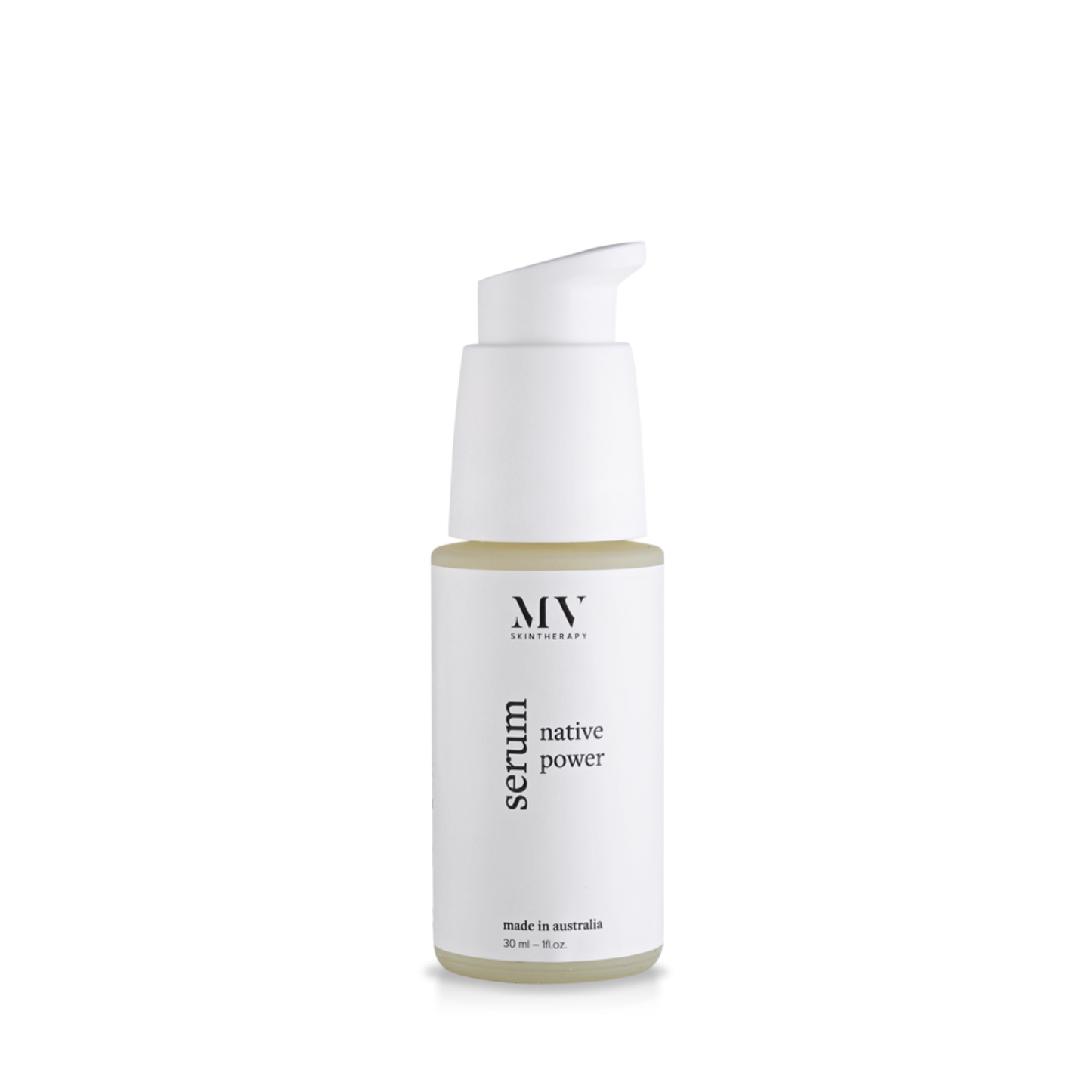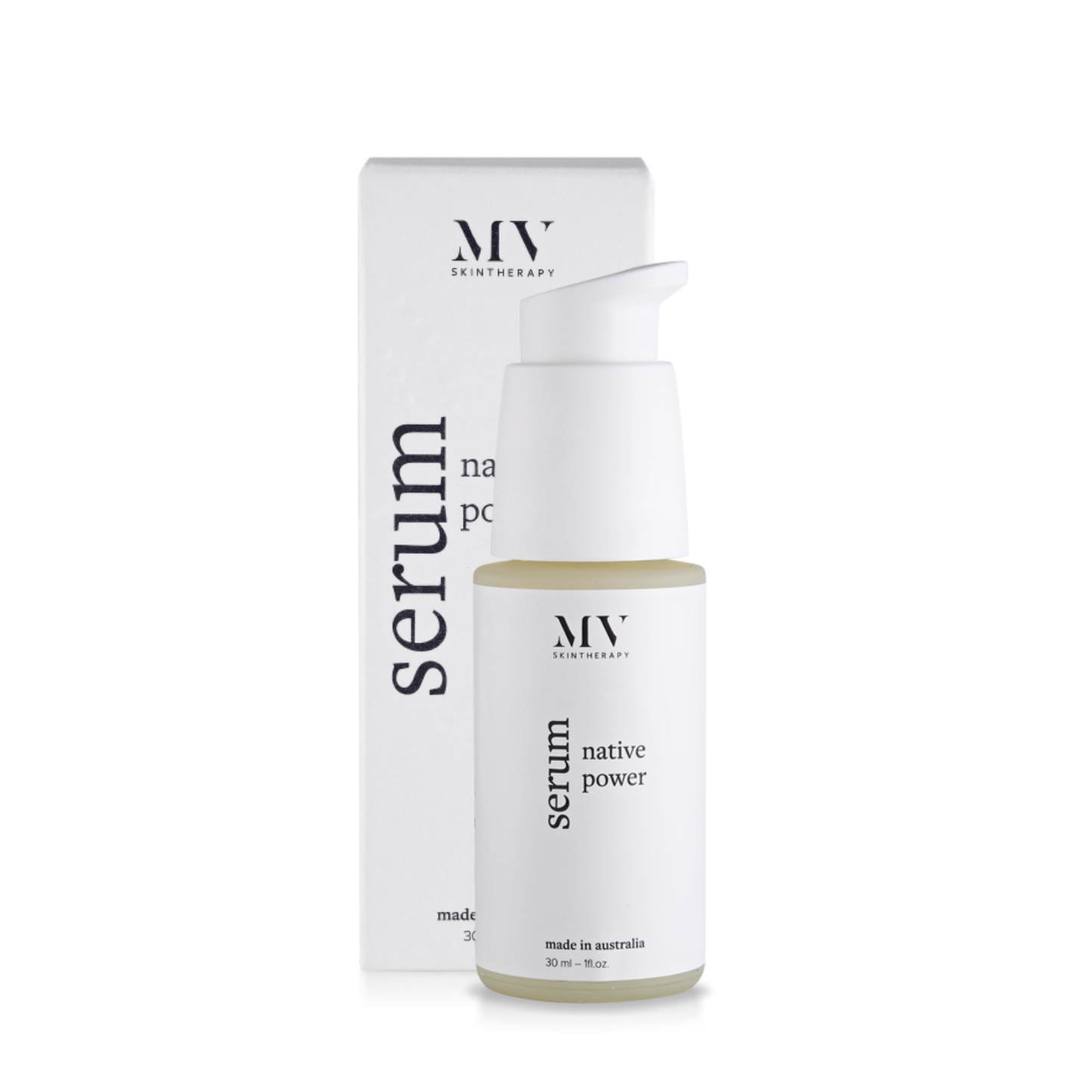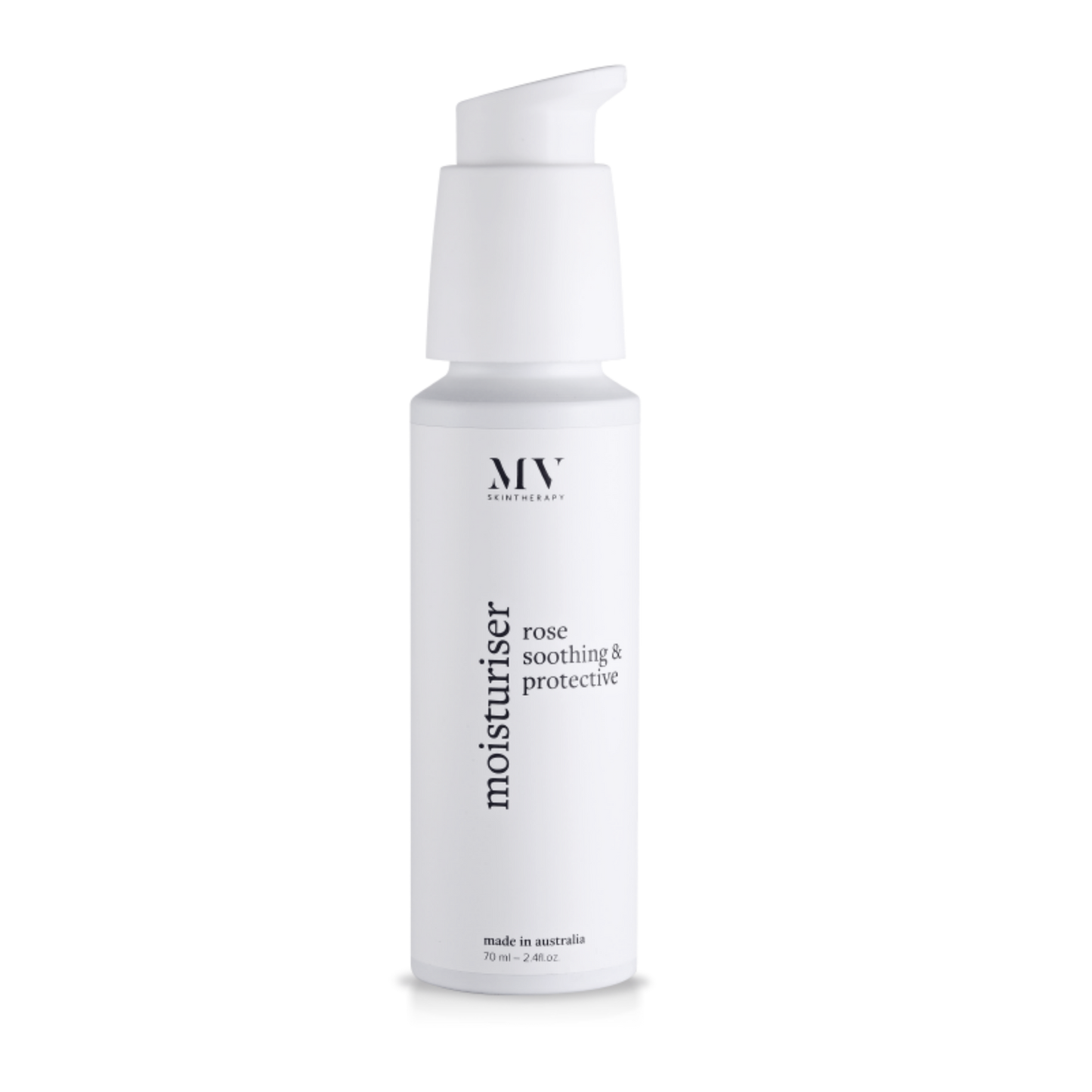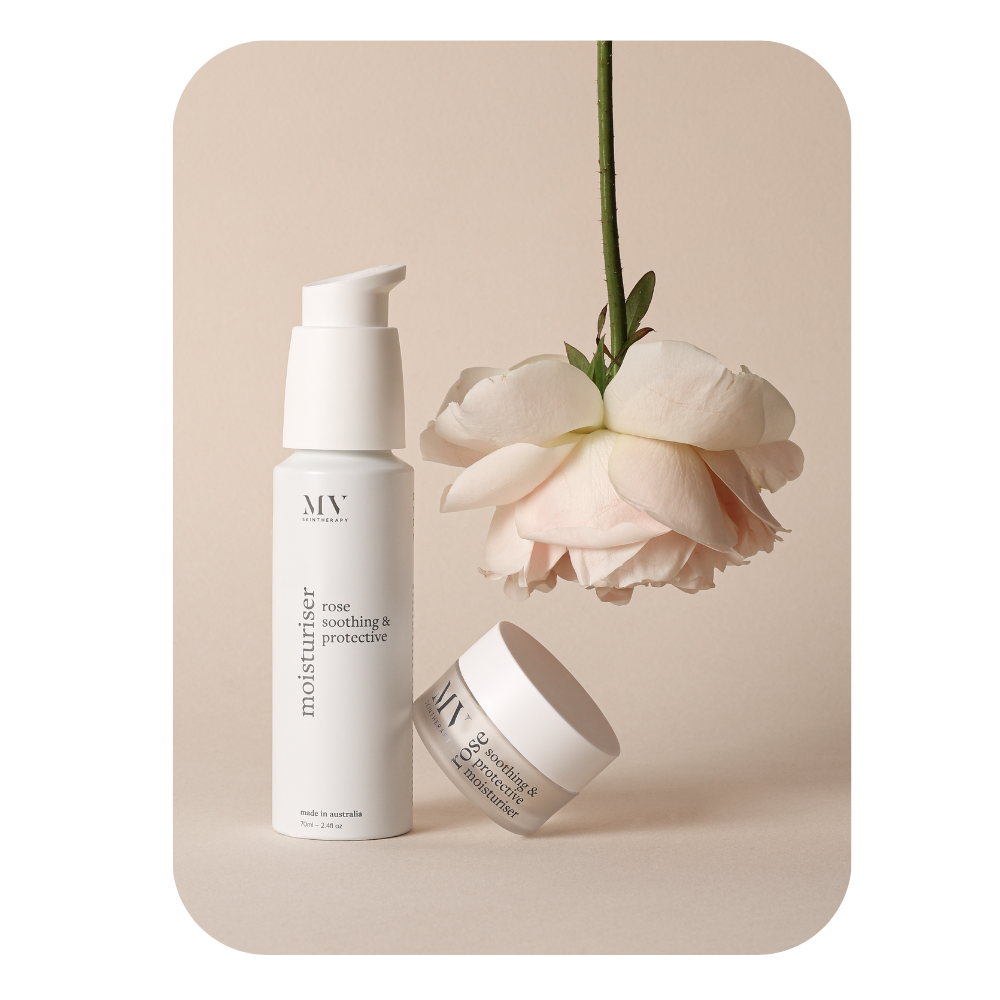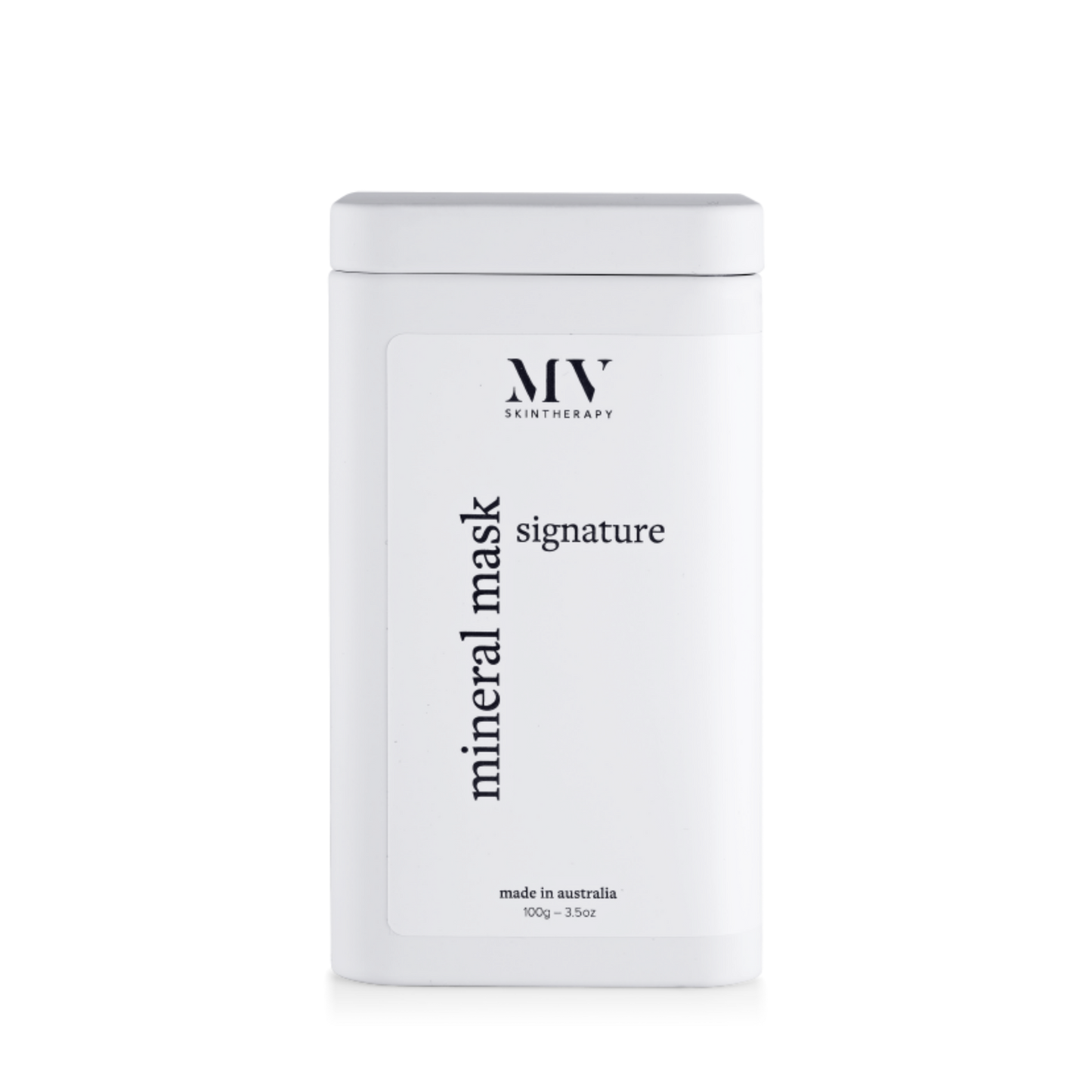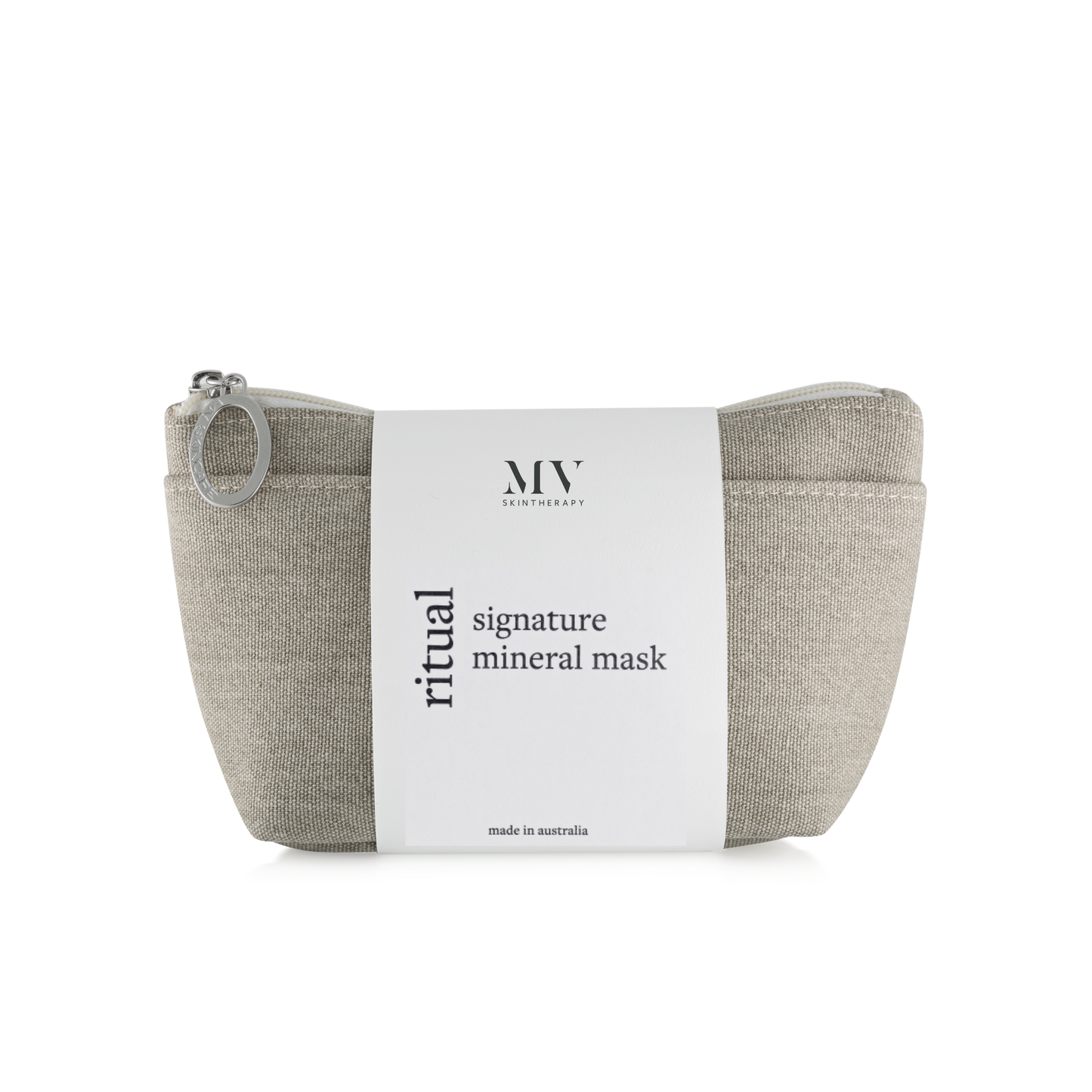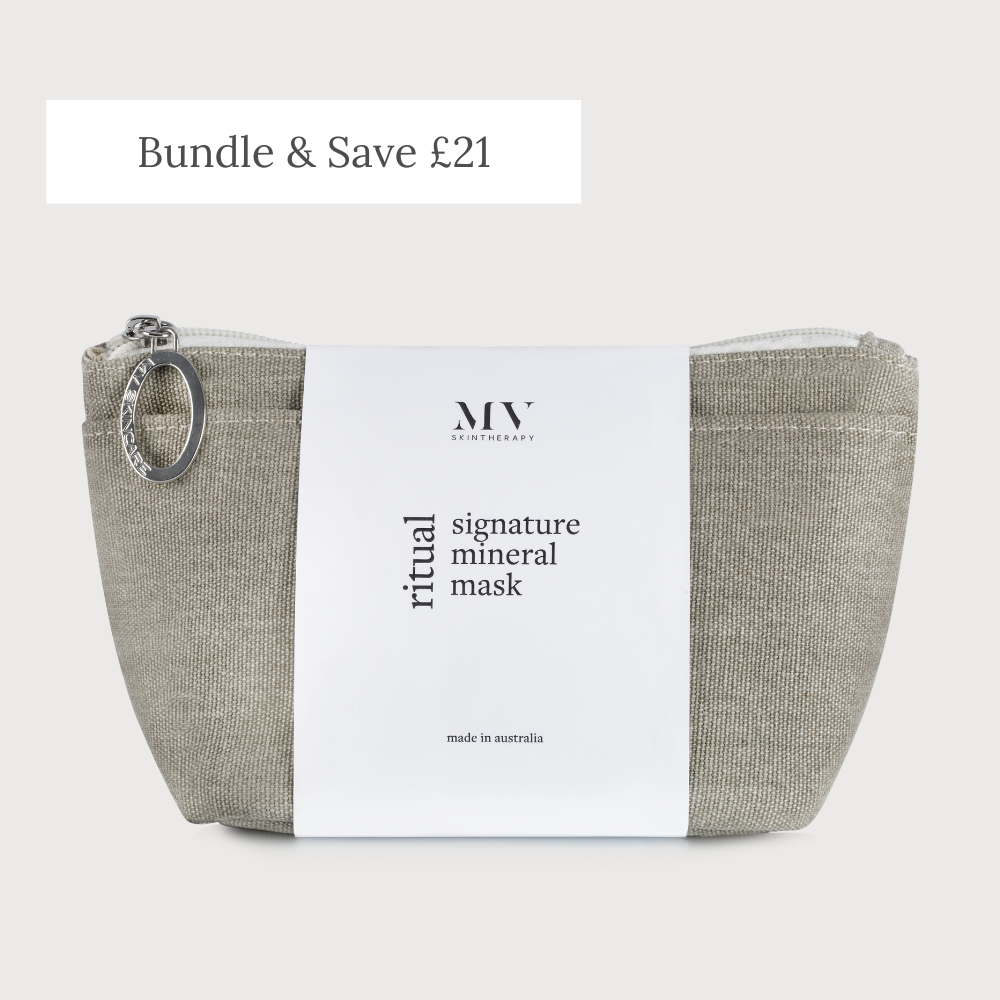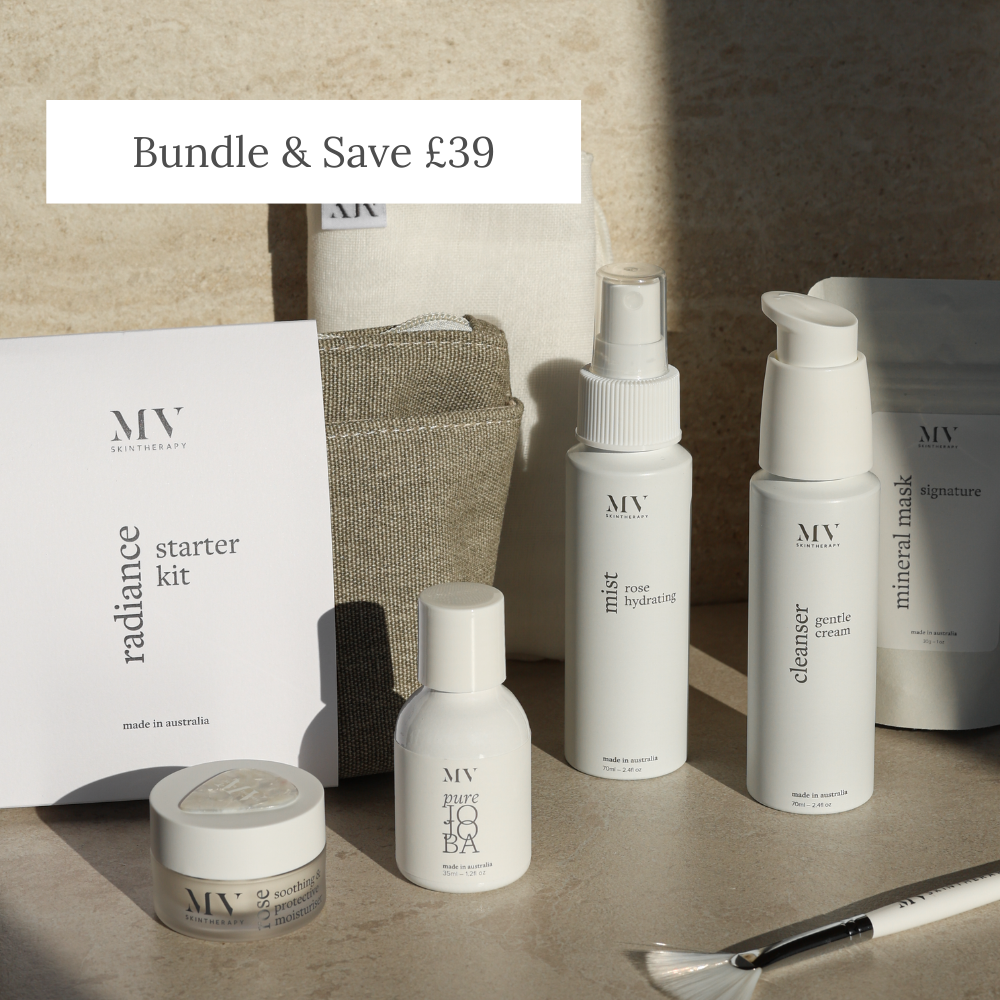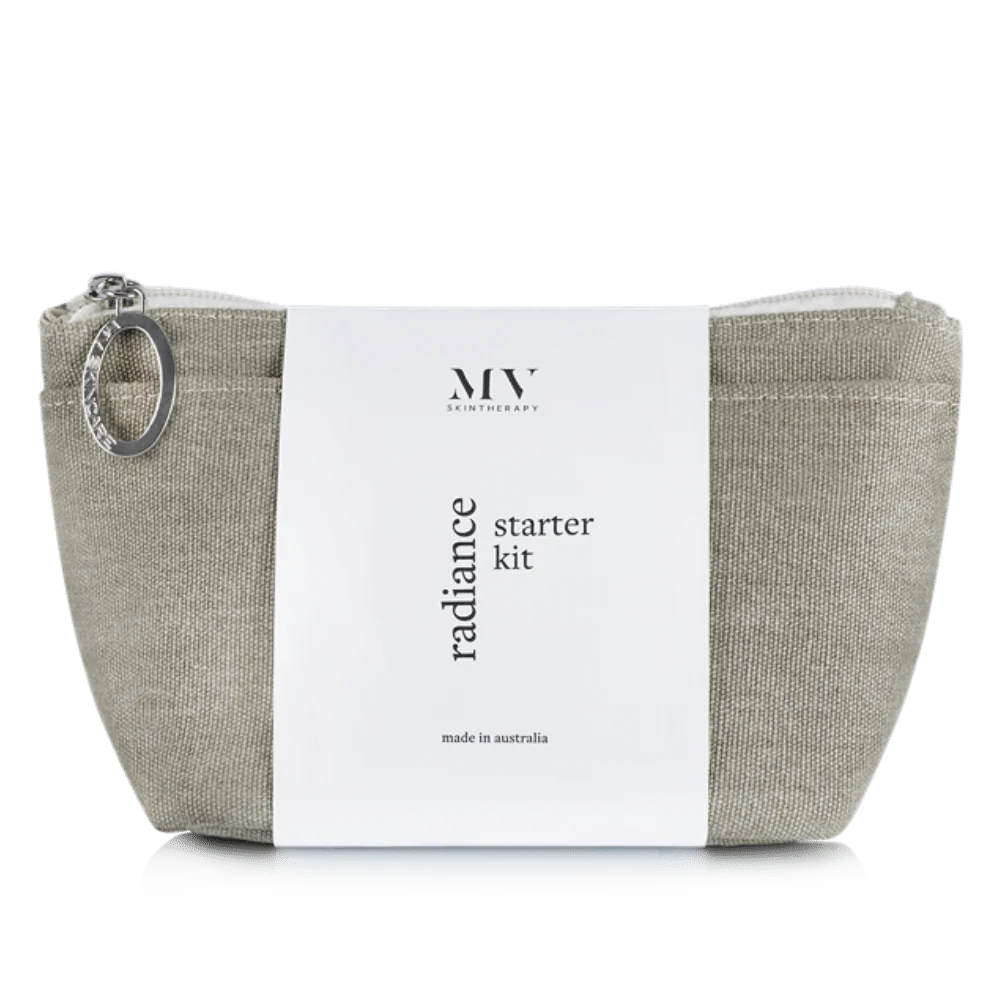
Holistic Approaches to PCOS: Causes and Natural Support
An Educational Deep-Dive

What Causes PCOS
While PCOS may present as irregular cycles, acne, or unwanted hair growth, its origins are complex and multifactorial. From a holistic perspective, PCOS is best understood as a symptom of internal hormonal imbalance and systemic dysregulation. Genetics, insulin resistance, chronic inflammation, and lifestyle factors can all play a role.
But what do all these seemingly unrelated factors have in common? That’s what we’ll explore here - not just what contributes to PCOS symptoms, but why the body responds the way it does. Because when we begin to understand the whole picture - hormones, metabolism, and overall wellbeing - we can move beyond merely managing symptoms and start supporting lasting balance and health.
Key Factors That Influence PCOS
Excess androgens
Higher levels of male hormones can overstimulate oil glands and hair follicles, leading to acne, excess facial or body hair, or thinning scalp hair.
Insulin resistance
When the body struggles to use insulin efficiently, it can increase inflammation and further trigger androgen production.
Chronic low-grade inflammation
Persistent inflammation can affect the skin, slow healing, and influence other systems in the body.
Genetic predisposition
A family history of PCOS or related metabolic conditions can increase susceptibility.
These factors don’t act in isolation - they interact in a way that can influence menstrual cycles, metabolism, and skin health simultaneously. By understanding the root drivers of PCOS, we can begin to move beyond simply managing symptoms and towards strategies that support long-term balance and holistic wellbeing.
Did You Know
Excess androgen activity in PCOS can overstimulate oil production, yet harsh cleansers can worsen breakouts. A bio-compatible liquid wax, like our cold-pressed Pure Jojoba, mimics natural sebum to help balance oil, support the skin’s barrier, and calm inflammation - without clogging pores.
Holistic Causes & Considerations For PCOS
Genetics
A family history of PCOS, type 2 diabetes, or metabolic conditions can increase the likelihood of developing PCOS. Genetic predisposition shapes how hormones are produced, metabolised, and expressed in the body, influencing everything from cycle regularity to skin health.
Some women carry variations in the MTHFR gene, which affects methylation—a key process for detoxification, hormone balance, and controlling inflammation. While this alone doesn’t cause PCOS, it can add complexity, highlighting the importance of personalised care.
Health Factors
Hormonal fluctuations during puberty, pregnancy, or perimenopause can intensify PCOS symptoms. Insulin resistance is a major driver, fueling inflammation, excess androgen production, and slower healing. Chronic stress alters cortisol levels, which can increase oil production, worsen inflammation, and contribute to breakouts.
Lifestyle Considerations
Poor sleep and ongoing stress directly disrupt hormone balance and slow the skin’s recovery. Environmental toxins and endocrine disruptors - such as plastics, pesticides, and synthetic fragrances - can mimic hormones and exacerbate imbalance. Over-exercising or under-eating can disrupt menstrual cycles and amplify hormonal symptoms.
Dietary Factors
・High sugar and processed foods can worsen insulin resistance and inflammation.
・Dairy may increase IGF-1, a growth factor linked to acne in some women.
・Conversely, anti-inflammatory, nutrient-rich foods - such as those high in zinc, omega-3s, and antioxidants, support hormonal balance and skin health.
Topical Irritants
The skin can be particularly sensitive in PCOS, and certain products can worsen breakouts, inflammation, and barrier dysfunction. Ingredients that strip natural oils, irritate the skin, or disrupt the skin’s microbiome can make symptoms harder to manage. Choosing gentle, plant-based, barrier-supportive skincare is key to calming the skin and supporting its natural healing processes.
Common irritants to be aware of include:
Harsh foaming cleansers and exfoliants
These can strip the skin of essential oils, worsening dryness and sensitivity.
Alcohol-based or fragranced products
Synthetic fragrances and alcohols often trigger irritation and inflammation.
Conventional acne medications (overused)
Excessive use can compromise the skin barrier and prolong healing.
Petrochemical-based ingredients
Silicones, mineral oils, and other petroleum derivatives may disrupt the skin microbiome, affecting natural defence mechanisms and potentially worsening breakouts.
Supporting your skin with gentle, microbiome-friendly ingredients can help restore balance, calm inflammation, and nurture hormone-sensitive complexions. Explore our PCOS Collection below to discover products thoughtfully formulated to protect, soothe, and maintain healthy, resilient skin.
The Underlying Cause
Barrier-Impaired Skin
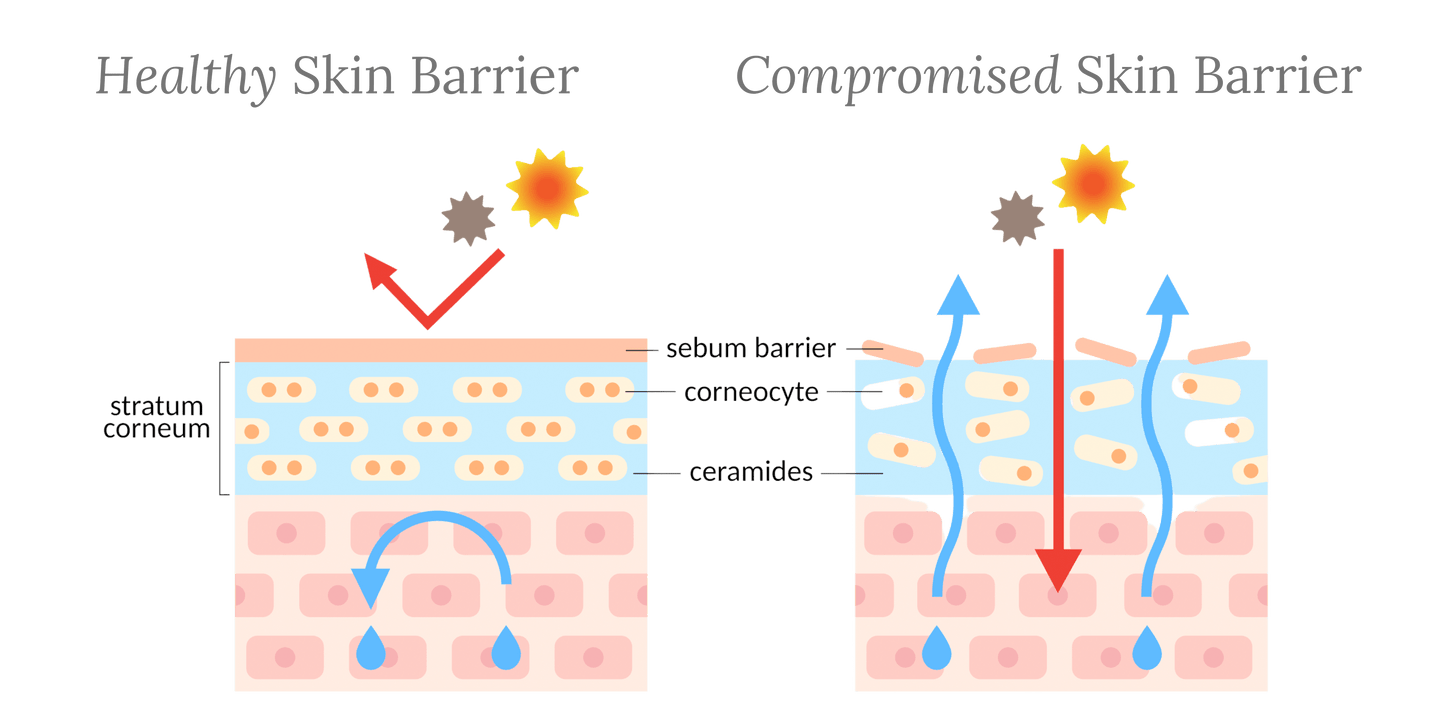
When hormones are imbalanced, oil production increases, inflammation rises, and the skin’s microbiome is disrupted. This trifecta leads to barrier impairment -the skin loses its resilience, breaks out more easily, and takes longer to heal.
Just as we think of ‘leaky gut’, PCOS skin is prone to the same, we call this ‘barrier-impaired skin’. A weakened shield allows irritants and bacteria to penetrate more deeply, triggering inflammation and painful cysts. Supporting the skin barrier; rebuilding lipids, calming inflammation, and restoring microbiome balance, is the foundation of PCOS skin therapy.
At MV, our philosophy is simple: when you nurture the skin barrier, you create the conditions for balance. Calmer, stronger, more resilient skin is always possible - even with PCOS.
The PCOS Program
Explore our PCOS Collection, designed to support sensitive skin by calming inflammation, restoring balance, and bringing harmony back to your complexion.
What Is PCOS?
Learn what PCOS is, how common it is, and how it’s diagnosed. Explore the typical symptoms, prevalence, and conventional treatment approaches for this complex hormonal condition.


